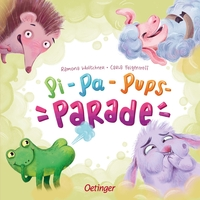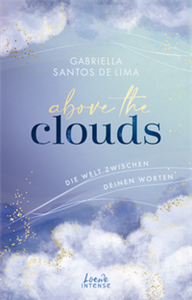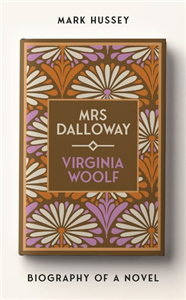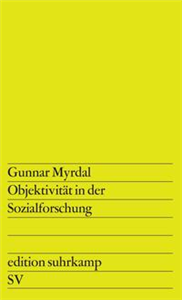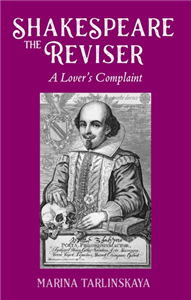Die Botschaft des fremden Gottes
Hans Jonas (1903-1993) war Philosoph und wegweisender Theoretiker der internationalen Ökologiebewegung. Er floh 1933 vor den Nationalsozialisten und emigrierte, nach Stationen in Großbritannien und Israel, schießlich in die USA. Dort forschte und lehrte Jonas unter anderem an der renommierten New School for Social Research. Sein Werk wurde in 15 Sprachen übersetzt.
Christian Wiese, geboren 1961, Studium der Ev. Theologie und Judaistik in Tübingen, Bonn, Jerusalem und Heidelberg, Promotion 1997 in Frankfurt a.M., Habilitation 2006 in Erfurt. 2007-2010 Professor für jüdische Geschichte und Direktor des Centre for German-Jewish Studies an der University of Sussex. Vorher Stationen als Wiss. Mitarbeiter am Salomon-Ludwig-Steinheim-Institut für deutsch-jüdische Geschichte in Duisburg und Wiss. Assistent am Lehrstuhl für Judaistik an der Universität Erfurt. Sein Forschungsgebiet ist die moderne jüdische Geschichte und Philosophie, die Geschichte des Zionismus sowie die Geschichte der jüdisch-christlichen Beziehungen der Neuzeit. Gastprofessuren in Montreal, Dublin, am Dartmouth College, New Hampshire, an der University of Pennsylvania (Philadelphia) und an der ETH Zürich. Seit 2010 Inhaber der Martin-Buber-Professur für Jüdische Religionsphilosophie an der Goethe-Universität Frankfurt, seit 2021 Direktor des Frankfurter Buber-Rosenzeig-Instituts für jüdische Geistes- und Kulturgeschichte der Moderne und Gegenwart.
Christian Wiese, geboren 1961, Studium der Ev. Theologie und Judaistik in Tübingen, Bonn, Jerusalem und Heidelberg, Promotion 1997 in Frankfurt a.M., Habilitation 2006 in Erfurt. 2007-2010 Professor für jüdische Geschichte und Direktor des Centre for German-Jewish Studies an der University of Sussex. Vorher Stationen als Wiss. Mitarbeiter am Salomon-Ludwig-Steinheim-Institut für deutsch-jüdische Geschichte in Duisburg und Wiss. Assistent am Lehrstuhl für Judaistik an der Universität Erfurt. Sein Forschungsgebiet ist die moderne jüdische Geschichte und Philosophie, die Geschichte des Zionismus sowie die Geschichte der jüdisch-christlichen Beziehungen der Neuzeit. Gastprofessuren in Montreal, Dublin, am Dartmouth College, New Hampshire, an der University of Pennsylvania (Philadelphia) und an der ETH Zürich. Seit 2010 Inhaber der Martin-Buber-Professur für Jüdische Religionsphilosophie an der Goethe-Universität Frankfurt, seit 2021 Direktor des Frankfurter Buber-Rosenzeig-Instituts für jüdische Geistes- und Kulturgeschichte der Moderne und Gegenwart.









